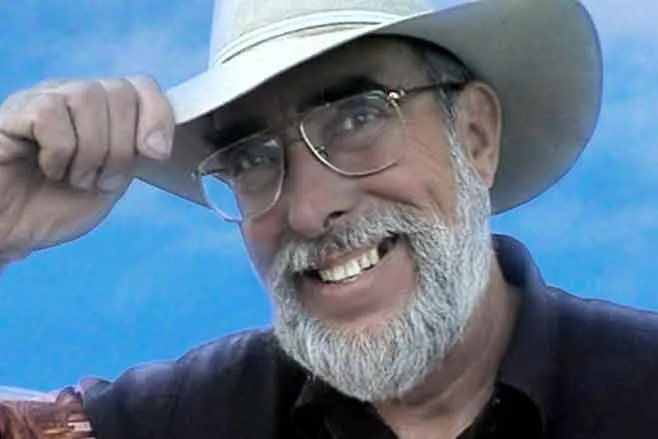
Opinion: Hydrogen fueling stations will provide another way to drive electric in Colorado
Battery electric vehicles are getting more attention than ever before from U.S. consumers and investors.
More than one million full-electric and hybrid-electric vehicles have been sold in the U.S. so far this year, according to Kelley Blue Book. From July to September, one in every 10 new vehicles purchased by consumers was electrified – a new record. And in late October, pioneering electric vehicle manufacturer Tesla surged past $1 trillion in market value.
Based on these trends, you might think that battery electric vehicles will eventually corner the market for new cars and trucks. But it turns out there’s more than one way to drive electric – and innovators in Colorado are laying the groundwork for a more competitive marketplace in electrified transportation.
The emerging competitor to batteries is the hydrogen fuel cell. Instead of storing electricity in a battery, fuel cells use compressed hydrogen, stored in specially designed tanks, to generate electricity. The electrical current produced by a hydrogen fuel cell can run an electric motor, just like a battery does.
In terms of tailpipe emissions, fuel-cell electric vehicles release water vapor. And when fuel-cell electric vehicles are running low, they don’t recharge from an electrical source – they fill up with compressed hydrogen instead.
At first, automakers have shown more interest in using fuel-cell electric technology to power large commercial vehicles, like pickups, trucks and buses. But the technology is working its way into the passenger market, too.
Major automakers including Honda, Hyundai and Toyota are currently making fuel-cell electric vehicles for the U.S. passenger market in addition to battery electric models, according to the Department of Energy.
Meanwhile, U.K.-based INEOS Automotive has announced plans to build a fuel-cell version of its new Grenadier 4X4 alongside its internal-combustion version, which may hit the U.S. market in 2023.
The INEOS announcement is notable, because while it doesn’t rule out the introduction of a battery powered version of the Grenadier off-roader, the company praises fuel cells for their “long range,” “rapid refueling” and “significant weight advantages over battery electric vehicles.”
All of this helps explain why AAA Colorado is planning to introduce “America's first hydrogen-powered tow trucks and other emergency rescue vehicles” in the in the south Denver metro area starting next year.
To give those fleet vehicles a place to fill up, local firm New Day Hydrogen will build hydrogen fueling stations, and in time, “those stations can open up to other fleet users and the general public,” AAA Colorado says.
“Consumers really do need a choice,” New Day Hydrogen CEO Seth Terry said in an interview. “When you talk about emissions-free transportation, it’s not a case of battery electric vehicles being the silver bullet or fuel-cell electric vehicles being the silver bullet.”
“We are going to need both of those technologies complementing one another,” Terry said.
Think of it this way: Today, motorists can choose between gasoline or diesel models when shopping for an internal-combustion vehicle. So it makes sense that motorists should have a choice between batteries, fuel cells and potentially other technologies when shopping for an electric vehicle, too.
Right now, almost all the nation’s fuel-cell electric vehicles and hydrogen fueling stations are based in California, but AAA Colorado isn’t alone in working to change that.
In Fort Collins, Colorado State University’s Energy Institute has announced plans for another hydrogen fueling station that will support the university’s education and research mission and also be accessible to the public.
The fueling station was originally built for use in Washington, D.C. But with help from the National Renewable Energy Laboratory in Golden and the Colorado Hydrogen Network, a non-profit that supports the use of fuel-cell electric vehicles, it was acquired by the CSU Energy Institute.
To be sure: Battery electric vehicles currently dominate the market for electrified transportation in the U.S. and here in Colorado. But as that market grows and matures, there will be more than one way to drive electric, giving Colorado motorists more choices and more competition for their next vehicle purchase.
















